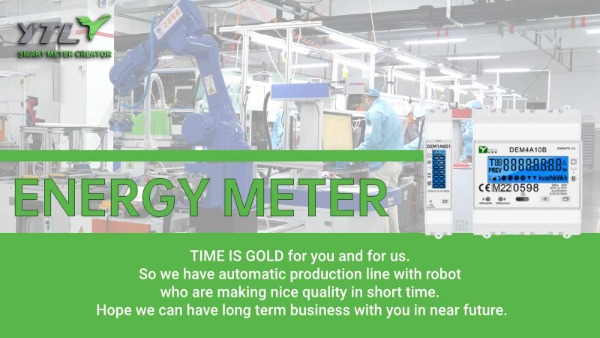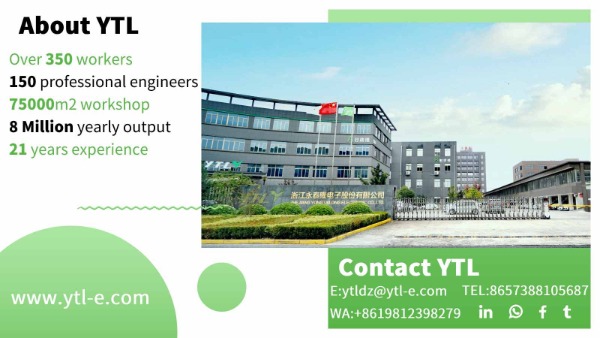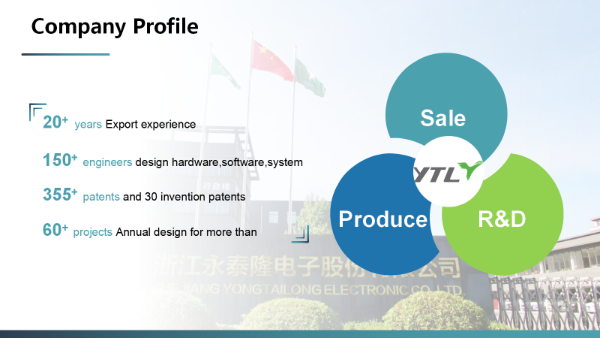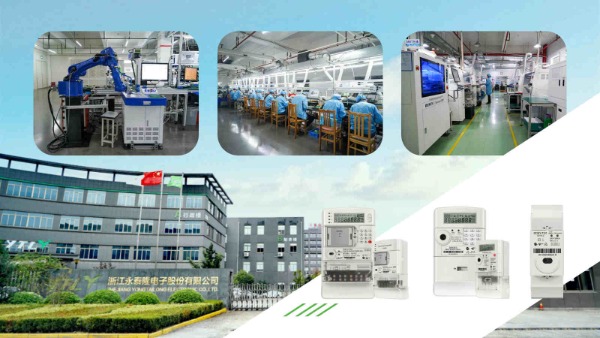There are numerous manufacturers of electricity meter globally, and the competition within the electricity meter industry is intense, necessitating distinctive core competencies. The differentiation among electricity meter manufacturers is primarily manifested through their varying operating models and product offerings. Products can achieve differentiation in terms of functionality, performance, and appearance. In the bidding process of the Power Administration Bureau, product functionality and performance requirements are the same. Only differentiating products through quality and cost is necessary. Products are designed and manufactured, rather than being inspected. The cost and quality of electricity meter are primarily determined during the design process, emphasizing the significance of the R&D design phase.

Controlling product costs is a very important task during the R&D design process of electricity meter. The following are some methods for controlling product costs:
1. Clearly define the requirements and positioning of electricity meter: In the early stages of electricity meter R&D, the requirements and positioning of the product need to be clearly defined, including functionality, performance, target users, market competition, etc. Careful analysis of product requirements can help avoid unnecessary cost increases in the later stages of the R&D process.
2. Optimize the electricity meter design scheme based on meeting product requirements. Design schemes must be optimized to reduce product costs. This can involve simplifying circuit designs, eliminating unnecessary components and materials, and decreasing production costs.
3. Choose suitable electricity meter components: During the R&D design process, the most important considerations are the universality and standardization of the components, which improve the scale of component material procurement, shorten the procurement cycle, and reduce procurement difficulties. Choosing suitable components for a product is very important, as cost-effectiveness and quality must be balanced alongside the sustainability and environmental impact of the components.
4. Introduce modular design: Modular design can modularize the different functions of the electricity meter to facilitate mass production and reduce unit costs. At the same time, a modular design can also facilitate upgrades and maintenance, thereby reducing overall costs.
5. Consider the manufacturing and assembly process: The manufacturing and assembly process of the electricity meter will also affect costs and must meet the process requirements for large-scale mass production. During the design process, it is necessary to consider the feasibility of manufacturing and assembly to avoid overly complex processes and high manufacturing costs.
 6. Develop a reasonable project plan: A reasonable project plan needs to be developed during the R&D process, clearly outlining the tasks and timeframes for each phase. Through the proper allocation of resources, project costs can be reduced.
6. Develop a reasonable project plan: A reasonable project plan needs to be developed during the R&D process, clearly outlining the tasks and timeframes for each phase. Through the proper allocation of resources, project costs can be reduced.
7. Strengthen quality control: Quality control must be reinforced throughout the R&D process to guarantee that the product's quality and performance align with expectations. By establishing R&D processes and controlling process nodes, problems can be identified and solved as early as possible, thereby reducing R&D costs and time.
8. Continuous improvement and optimization: After the electricity meter is launched, continuous improvement and optimization of the product are necessary. By collecting user feedback, analyzing market data, and monitoring competitors, ways to reduce costs can be found.

In the R&D process of the electricity meter, cost control needs to be considered from various aspects. Measures such as clearly defining product requirements and positioning, optimizing design schemes, choosing suitable components, introducing modular design, considering the manufacturing and assembly process, developing a reasonable project plan, strengthening quality control, and continuous improvement and optimization can effectively control product costs and enhance the market competitiveness of the electricity meter product. Cost control of electricity meter is not only related to the R&D design stage, but also to the production capabilities, automation level, bargaining power in component procurement, and overall operations of the company. All of these factors directly affect the price of electricity meter products in the market and therefore require careful management at every level of the company's operation.

 English
English 简体中文
简体中文








.png?imageView2/2/w/500/h/500/format/png/q/100)




